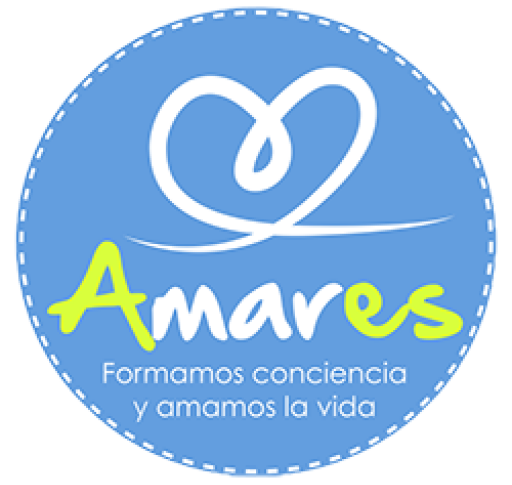In the ever-evolving landscape of education and professional development, the Seru Assessment emerges as a transformative tool, redefining how individuals and organizations measure and enhance their capabilities. This comprehensive evaluation method distinguishes itself from traditional assessments through its holistic approach, adaptive testing features, and emphasis on real-world application.
Understanding the Essence of the Seru Assessment
At its core, the Seru Assessment is a multidimensional evaluation system designed to provide a nuanced understanding of an individual’s or organization’s capabilities. Unlike traditional assessments that often focus on specific technical skills or knowledge domains, Seru takes a holistic approach. It considers cognitive abilities, emotional intelligence, and social competencies, recognizing the interconnected nature of skills essential for success in the contemporary world.
Holistic Evaluation Beyond Technical Skills
One of the key differentiators of the seru mock test is its commitment to holistic evaluation. While traditional assessments may excel in measuring specific technical skills or knowledge areas, Seru goes beyond these boundaries. It recognizes the importance of emotional intelligence, adaptability, and interpersonal skills—factors that are increasingly crucial in today’s diverse and rapidly changing professional landscape.
Adaptive Testing: Tailoring the Assessment Experience
The Seru Assessment incorporates adaptive testing, a feature that sets it apart from conventional evaluation methods. Adaptive testing involves adjusting the difficulty of questions based on the participant’s responses. If a participant demonstrates proficiency, the subsequent questions may become more challenging. Conversely, incorrect answers may lead to slightly less challenging questions. This adaptive nature ensures that the assessment accurately measures an individual’s proficiency level while providing a personalized and engaging testing experience.
Real-world Simulations for Practical Application
To bridge the gap between theoretical knowledge and practical application, Seru includes real-world simulations in its assessment methodology. Participants are presented with scenarios that mirror challenges they might encounter in their professional endeavors. This not only allows individuals to showcase their problem-solving abilities but also provides a realistic measure of their decision-making skills under various circumstances.
Continuous Feedback Mechanism: Nurturing Growth in Real-time
Unlike traditional assessments that offer feedback at the conclusion of the test, the Seru Assessment incorporates a continuous feedback mechanism. Throughout the evaluation process, participants receive real-time insights into their performance. This ongoing feedback empowers individuals to track their progress, identify areas for improvement, and make informed decisions about their learning and development journeys.
Distinguishing Benefits of the Seru Assessment
The Seru Assessment offers a myriad of benefits that extend beyond the capabilities of traditional assessments:
- Precision in Talent Acquisition: Organizations can leverage the Seru Assessment to identify candidates whose skills align precisely with the requirements of specific roles. This precision in talent acquisition minimizes the risk of mismatches and enhances the efficiency of the hiring process.
- Personalized Learning Paths: The detailed insights provided by the Seru Assessment empower individuals to create personalized learning paths. By focusing on areas where improvement is needed, individuals can take a targeted approach to skill enhancement, maximizing the effectiveness of their learning efforts.
- Strategic Organizational Development: For organizations, the Seru Assessment serves as a strategic tool for organizational development. By understanding the collective strengths and weaknesses of teams, leaders can formulate targeted strategies for training, mentorship, and overall skill development initiatives.
- Enhanced Employee Engagement: The adaptive nature of the Seru Assessment ensures that participants are consistently challenged at an appropriate level. This not only keeps them engaged throughout the evaluation process but also contributes to a positive learning experience.
Conclusion: Shaping the Future of Evaluation
As the professional landscape continues to evolve, the Seru Assessment stands as a beacon of innovation in the field of evaluations. Its holistic approach, adaptive testing features, and real-world simulations contribute to a more accurate, personalized, and meaningful assessment experience. By addressing the diverse and interconnected nature of skills required in the contemporary world, the Seru Assessment is poised to shape the future of education, professional development, and organizational growth. It represents a paradigm shift in how we perceive and measure capabilities, setting a new standard for comprehensive and effective evaluation methods.
